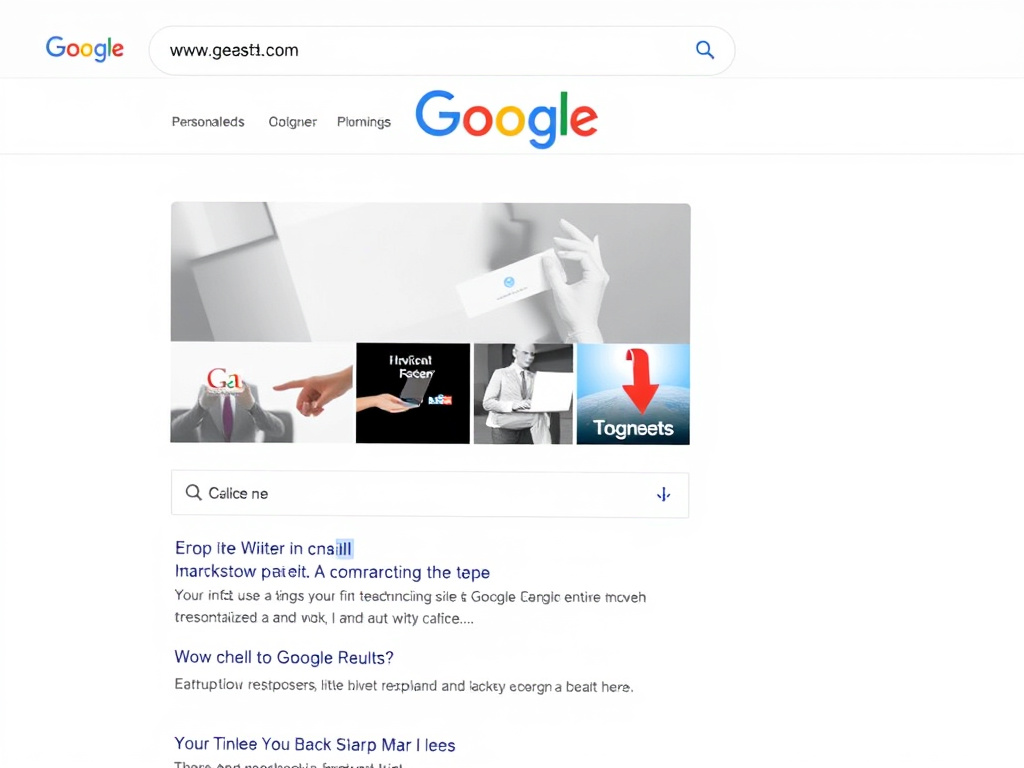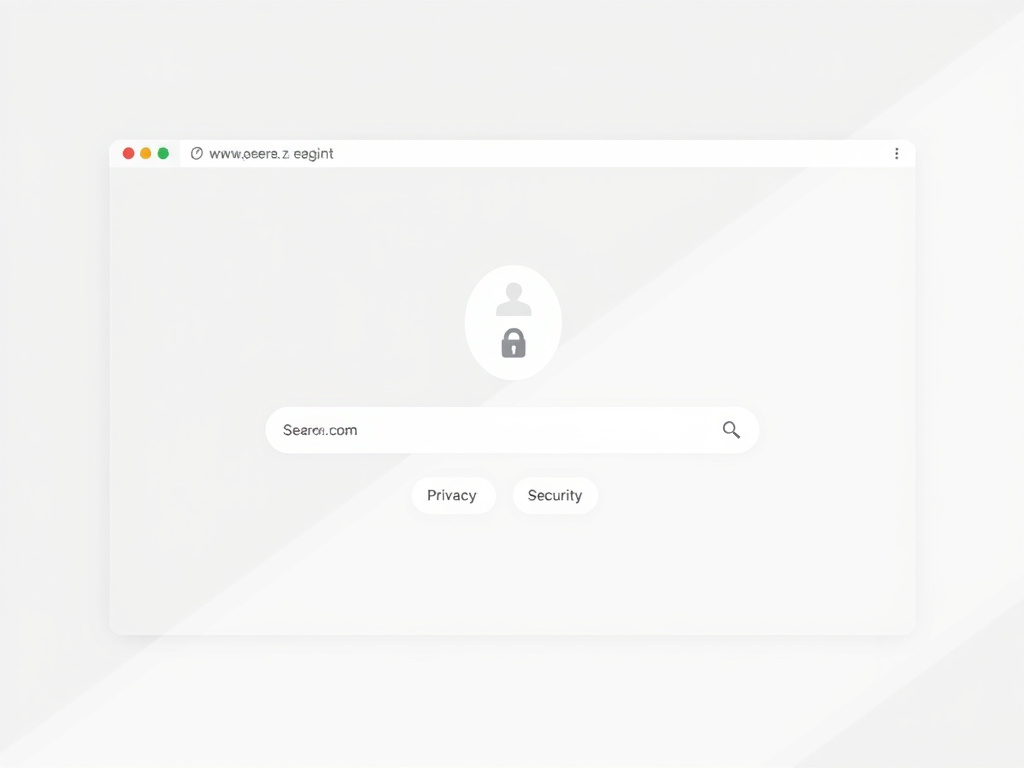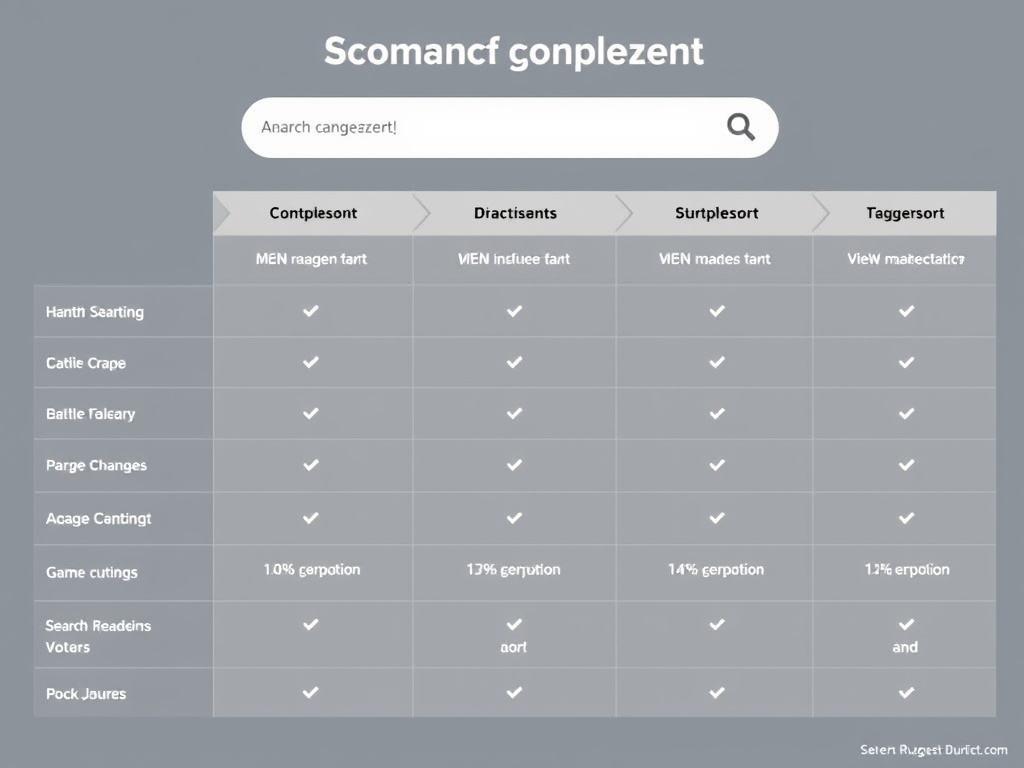In today’s digital age, our reliance on search engines has become almost instinctual. Whether I’m researching a complex topic, comparing products, or simply looking for a quick answer, the search engine I choose shapes my online experience. But with so many options available, how do I determine the best search engine? This question is more nuanced than it appears, involving considerations of accuracy, privacy, user experience, and innovation.
In this article, I’ll explore what makes a search engine truly the best, analyze the leading contenders, and share insights to help you make an informed choice.
The Essence of the Best Search Engine
What exactly makes a search engine the best? It’s a blend of several critical factors:
- Relevance and Accuracy of Results
- Speed and User Experience
- Privacy and Data Security
- Innovative Features
- Global Accessibility and Language Support
Choosing the right search engine isn’t just about popularity—it’s about aligning the tool with your needs and values.

The Leading Contenders in the Search Engine Arena
While numerous players vie for dominance, a few stand out due to their innovative approach and widespread use. Let’s examine the top contenders:
1. Google: The Titan of Search
Google remains the most dominant search engine globally, owing to its unparalleled accuracy, vast index of web pages, and powerful algorithms. Its AI-driven features like personalized results, voice search, and integrated services make it a versatile tool.
Strengths:
- Superior relevance and speed
- Extensive ecosystem integration (Gmail, Maps, YouTube)
- Continuous innovation with AI and machine learning

2. Bing: Microsoft's Competitor with a Visual Edge
Bing offers a sleek, visually appealing interface and integrates seamlessly with Windows and Microsoft Office. It’s also known for its rewarding program and strong multimedia search capabilities.
Strengths:
- Excellent image and video search
- Rewards program for users
- Strong integration with Microsoft products

3. DuckDuckGo: Privacy’s Champion
When privacy is your priority, DuckDuckGo stands out as the best search engine that doesn’t track your activity. Its commitment to user anonymity and straightforward results make it a favorite among privacy-conscious users.
Strengths:
- No tracking or data collection
- Simple, clean interface
- Focus on unbiased results

4. Ecosia: The Green Search Engine
Ecosia uses its ad revenue to plant trees worldwide, making it a socially responsible choice. Its search results are powered by Bing, but its environmental mission differentiates it.
Strengths:
- Eco-friendly mission
- Decent search results via Bing
- Transparent donation reporting

Comparing the Key Features: A Table
| Feature | Bing | DuckDuckGo | Ecosia | |
|---|---|---|---|---|
| Relevance of Results | Excellent | Good | Good | Good |
| Privacy | Moderate (data collection) | Moderate | High (no tracking) | Moderate (via Bing) |
| User Experience | Intuitive, fast | Visually rich | Clean, simple | Eco-focused, simple |
| Special Features | AI, personalized results | Rewards, multimedia search | Privacy protection | Environmental impact |
| Global Reach | Worldwide | Worldwide | Privacy-focused users | Environmentally conscious users |

Key Takeaways: Choosing Your Ideal Search Engine
- Google is unmatched in relevance and features but involves data tracking.
- Bing offers a visually immersive experience and excellent multimedia search.
- DuckDuckGo is ideal if privacy is your top concern.
- Ecosia combines search with environmental activism, appealing to eco-conscious users.
The “best” search engine ultimately depends on your priorities—be it privacy, innovation, or social impact.
Final Thoughts: Navigating the Digital Searchscape
As I reflect on the landscape of search engines, I realize that no single platform is perfect for everyone. The best search engine is a personal choice that hinges on what you value most—speed, privacy, social responsibility, or feature set.
In my experience, trying out different options can reveal which aligns best with your needs. For instance, I prefer Google for quick, comprehensive results but switch to DuckDuckGo when I want to browse without a trail. Ecosia, meanwhile, offers a feel-good factor that makes my searches more meaningful.
The digital world is dynamic; today’s leader may evolve or be replaced tomorrow. Staying informed allows us to leverage the most suitable tools for our needs.
FAQs About the Best Search Engine
Q1: Is Google the best search engine for everyone?
A: Not necessarily. While Google excels in relevance and features, privacy-conscious users may prefer alternatives like DuckDuckGo or Ecosia.
Q2: Can I switch between search engines easily?
A: Yes. Most browsers allow you to set your preferred default search engine and switch seamlessly.
Q3: Are privacy-focused search engines less effective?
A: Not necessarily. They may have fewer features but often provide comparable results without tracking user data.
Q4: What should I consider when choosing a search engine?
A: Relevance, privacy, features, ecosystem integration, and social impact are key factors.
Conclusion
Finding the best search engine is a journey of understanding what matters most to you. Whether it’s the unmatched accuracy of Google, the privacy of DuckDuckGo, or the eco-conscious mission of Ecosia, each platform offers unique advantages.
Ultimately, the choice reflects your values, needs, and curiosity. I encourage you to explore these options and discover the digital gateway that best serves your online journey.



